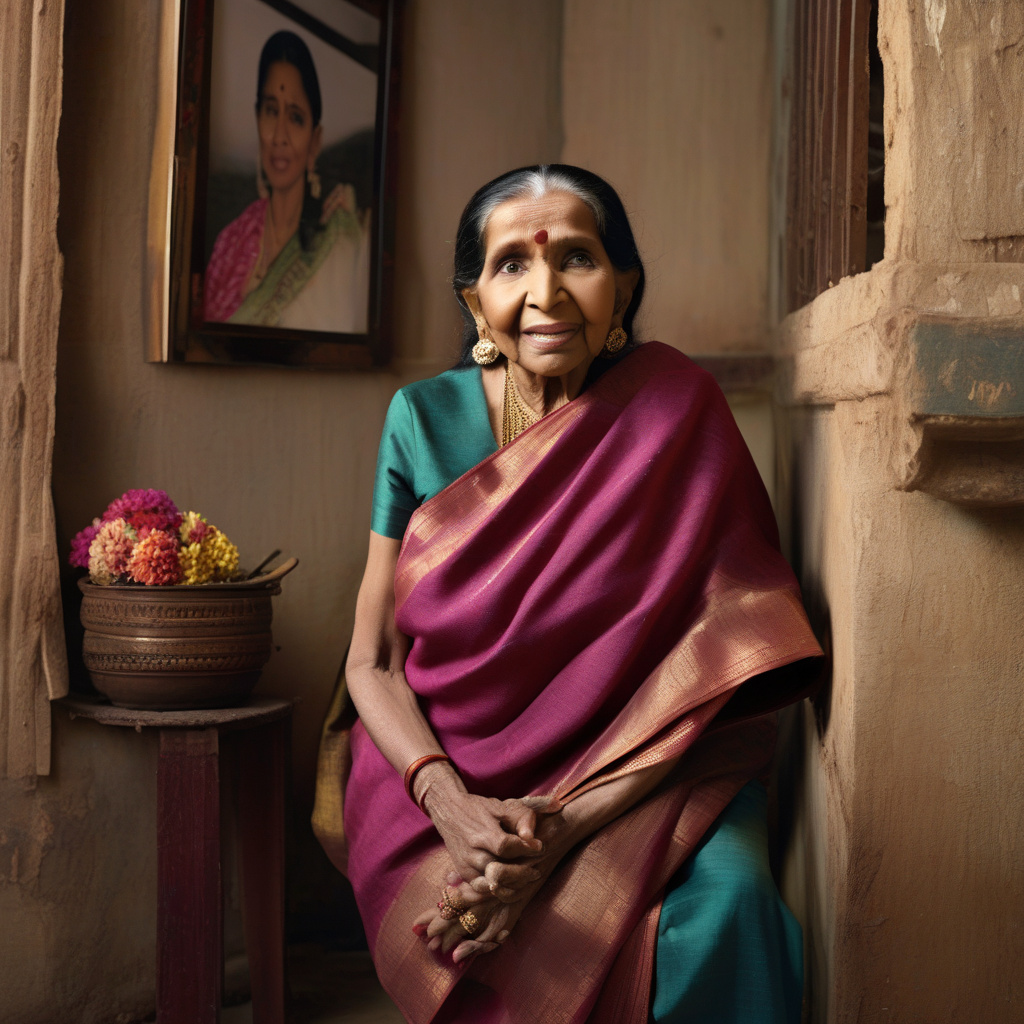AI Platforms Restricted from Cloning Asha Bhosle’s Voice Without Consent
In a landmark decision, a court has restrained AI platforms from misusing the legendary singer Asha Bhosle’s voice and image. This ruling sets a crucial precedent in the realm of intellectual property rights and the ethical use of AI technology. The case sheds light on the growing concern surrounding the unauthorized replication of individuals’ voices through artificial intelligence, raising important questions about consent, privacy, and the boundaries of technological innovation.
Asha Bhosle, known for her iconic playback singing in the Indian film industry, has a distinctive voice that is revered by millions of fans worldwide. However, this very uniqueness also makes her vulnerable to exploitation by AI platforms seeking to clone her voice for commercial or recreational purposes without her explicit consent. The court’s decision underscores the need to protect artists’ voices and images from being misused in the digital domain.
The unauthorized replication of Asha Bhosle’s voice through AI technology not only raises legal and ethical concerns but also has broader implications for the future of creative expression and intellectual property rights. As AI continues to advance at a rapid pace, the ability to clone someone’s voice with remarkable accuracy poses a significant threat to the authenticity and integrity of recorded audio content.
Moreover, the misuse of AI-generated voices can have serious consequences, ranging from deceptive deepfake videos to unauthorized endorsements and fraudulent activities. By restricting AI platforms from cloning Asha Bhosle’s voice without her consent, the court has sent a clear message that such practices will not be tolerated and that individuals’ rights to their own voices must be protected.
This case also highlights the need for robust regulations and ethical guidelines to govern the use of AI technology in the realm of media and entertainment. As AI continues to transform the way we create and consume content, it is essential to strike a balance between technological innovation and the protection of individuals’ rights and privacy.
Moving forward, stakeholders in the AI industry, including developers, policymakers, and content creators, must work together to establish clear standards for the ethical use of AI-generated voices and images. By promoting transparency, accountability, and respect for intellectual property rights, we can ensure that AI technology is leveraged responsibly and ethically in the digital age.
In conclusion, the court’s decision to restrain AI platforms from cloning Asha Bhosle’s voice without her consent marks a significant victory for artist rights and intellectual property protection. By upholding the principle that individuals have the right to control the use of their own voices and images, we can safeguard against the misuse of AI technology and uphold the integrity of creative expression in an increasingly digitized world.
#AshaBhosle #AIPlatforms #IntellectualPropertyRights #EthicalAI #VoiceCloning
